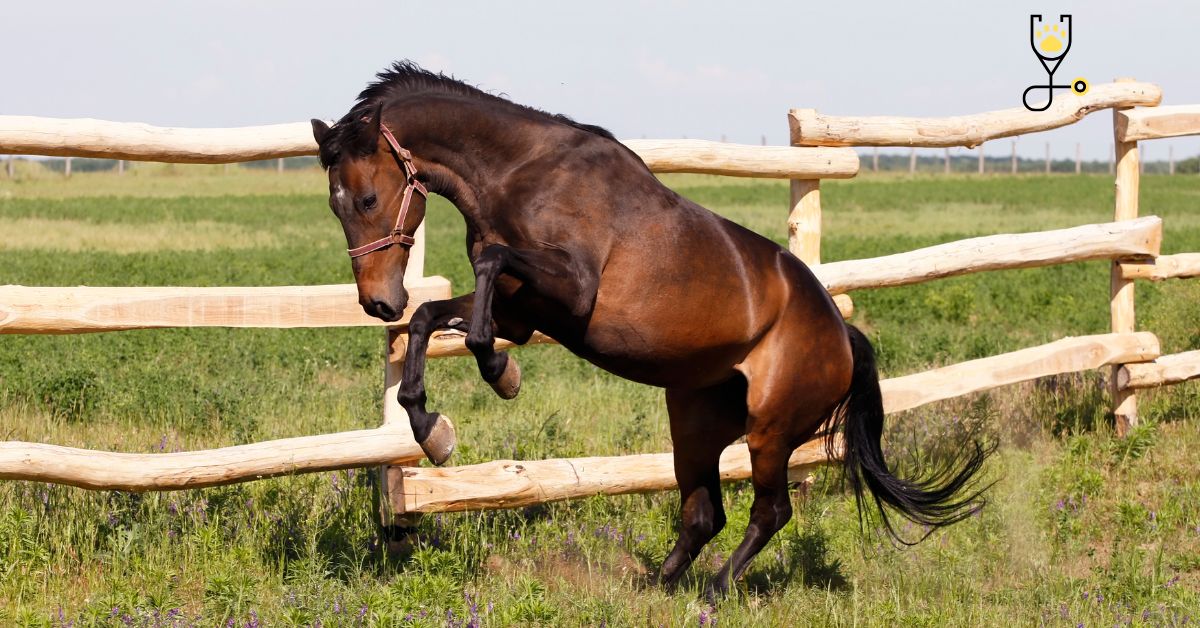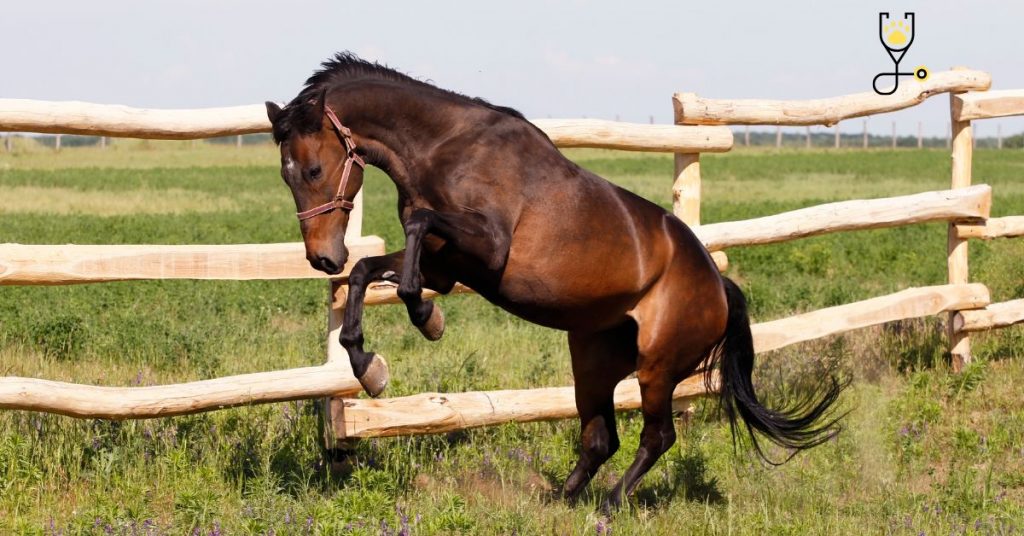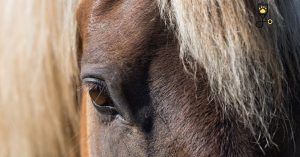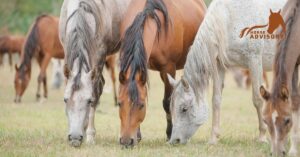If you’re a horse owner, then you should be aware of wobblers syndrome. This condition can cause severe problems for your horse, so it’s important to know the symptoms, causes, and treatments. In this blog post, we’ll discuss wobblers syndrome in horses and provide some tips on how to prevent it. Stay tuned!
Wobblers Syndrome in Horses?
Wobblers syndrome is a neurological condition that affects the horse’s spinal cord and brainstem. The condition is caused by a compression of the nerves in the neck, which can lead to symptoms such as loss of coordination, weakness in the legs, and difficulty swallowing. Wobblers syndrome is a progressive condition, meaning it will get worse over time if left untreated. If you think your horse may have wobblers syndrome, it’s important to see a vet as soon as possible.
What Causes Wobblers Syndrome in Horses?
The exact cause of wobblers syndrome is unknown, but there are some risk factors that have been associated with the condition. These include:
Genetics: Some horses are predisposed to wobblers syndrome due to their genes.
Conformation: Horses with long necks and sloped shoulders are more likely to develop wobblers syndrome.
Age: Wobblers syndrome is most common in young adult horses, although it can occur in any age group.
Nutrition: Poor nutrition can contribute to the development of wobblers syndrome.
Injury: A traumatic injury to the neck or spine can lead to the development of wobblers syndrome.

What Are the Symptoms of Wobblers Syndrome in Horses?
The symptoms of wobblers syndrome will vary depending on the severity of the condition. In mild cases, horses may only show signs of stiffness and incoordination. However, in severe cases, horses may be unable to stand or walk. Other symptoms of wobblers syndrome include:
-Loss of appetite: Horses with wobblers syndrome may lose their appetite and lose weight.
-Muscle wasting: The muscles in the horse’s neck and shoulders may waste away.
-Exercise intolerance: Horses with wobblers syndrome may become tired quickly and have difficulty exercising.
-Behavioral changes: Horses with wobblers syndrome may become agitated or aggressive.
-Incontinence: Some horses with wobblers syndrome may urinate or defecate while standing.
-Seizures: In severe cases, horses may have seizures.
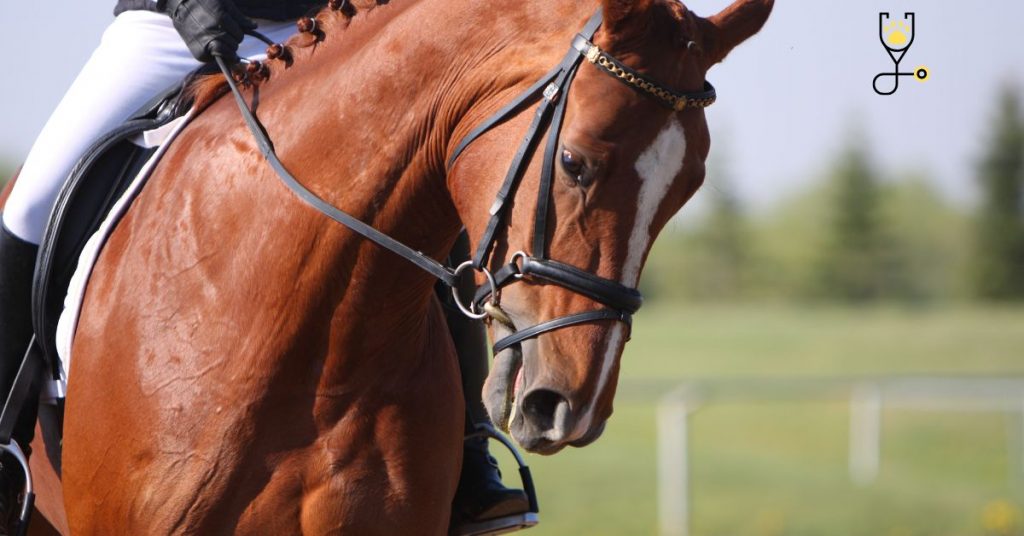
How Is Wobblers Syndrome Diagnosed in Horses?
1. Physical examination: Your vet will perform a physical examination of your horse and look for signs of wobblers syndrome.
2. Neurological examination: Your vet will check your horse’s nervous system for signs of dysfunction.
3. Imaging: X-rays, MRI, or CT scans may be used to get a better look at the structures in your horse’s neck.
4. CSF tap: A sample of cerebrospinal fluid (CSF) will be taken from your horse’s spine and tested for abnormalities.
5. Blood tests: Blood tests may be used to rule out other conditions that can cause similar symptoms.
Treatment Of Wobblers Syndrome In Horses
There is no cure for wobblers syndrome, but there are treatment options available that can help improve your horse’s quality of life. This include:
-Medical management: Your vet may prescribe anti-inflammatory medications or muscle relaxants to help ease your horse’s symptoms.
-Physical therapy: Physical therapy can help improve your horse’s range of motion and strength.
-Chiropractic care: Chiropractic adjustments can help alleviate pressure on the nerves in your horse’s neck.
-Acupuncture: Acupuncture has been shown to be helpful in treating some cases of wobblers syndrome.
-Surgery: In severe cases of wobblers syndrome, surgery may be necessary to relieve pressure on the nerves.
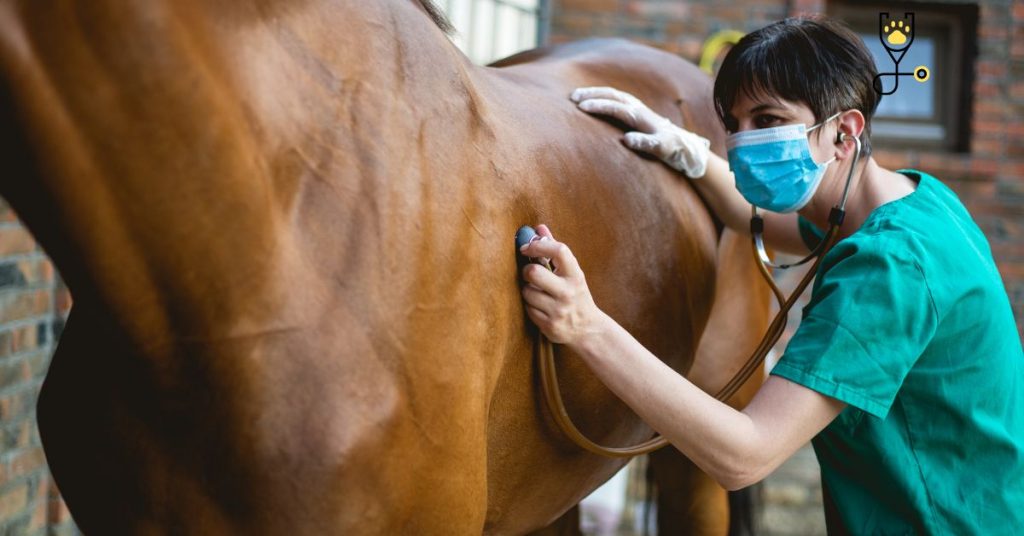
Preventions Of Wobblers Syndrome In Horses
1. Genetics: There is no way to prevent wobblers syndrome if your horse is predisposed to the condition.
2. Conformation: You can help prevent wobblers syndrome by choosing a horse with a short neck and upright conformation.
3. Nutrition: Proper nutrition is important for all horses, but it is especially important for those at risk for wobblers syndrome.
4. Injury prevention: You can help prevent wobblers syndrome by protecting your horse’s neck and spine from injury.
5. Regular vet check-ups: Regular vet check-ups can help catch wobblers syndrome early and allow for early treatment.
Prognosis For Horses With Wobblers Syndrome
The prognosis for horses with wobblers syndrome will vary depending on the severity of the condition. In mild cases, horses may only show signs of stiffness and incoordination. However, in severe cases, horses may be unable to stand or walk. If your horse is diagnosed with wobblers syndrome, it is important to work with your vet to develop a treatment plan that is best for your horse.
Conclusion
Wobblers syndrome is a condition that affects the horse’s neck and spine. The exact cause of wobblers syndrome is unknown, but it is thought to be caused by a combination of genetics and environment. There is no cure for wobblers syndrome, but there are treatment options available that can help improve your horse’s quality of life. If you think your horse may have wobblers syndrome, it is important to see your vet for a diagnosis.
Frequently Asked Questions
1. What is wobblers syndrome?
Wobblers syndrome is a condition that affects the horse’s neck and spine. The exact cause of wobblers syndrome is unknown, but it is thought to be caused by a combination of genetics and environment. There is no cure for wobblers syndrome, but there are treatment options available that can help improve your horse’s quality of life.
2. How does wobblers syndrome affect horses?
Wobblers syndrome can cause a variety of symptoms in horses, including exercise intolerance, behavioral changes, incontinence, and difficulty walking.
3. How is wobblers syndrome diagnosed?
Wobblers syndrome is typically diagnosed through a combination of physical examination, neurological examination, imaging, and laboratory testing.
4. What is the treatment for wobblers syndrome?
There is no cure for wobblers syndrome, but there are treatment options available that can help improve your horse’s quality of life. This includes medical management, physical therapy, chiropractic care, acupuncture, and surgery.
5. Can wobblers syndrome be prevented?
There is no way to prevent wobblers syndrome if your horse is predisposed to the condition. However, you can help prevent wobblers syndrome by choosing a horse with a short neck and upright conformation. Proper nutrition is also important for all horses, but it is especially important for those at risk for wobblers syndrome.
